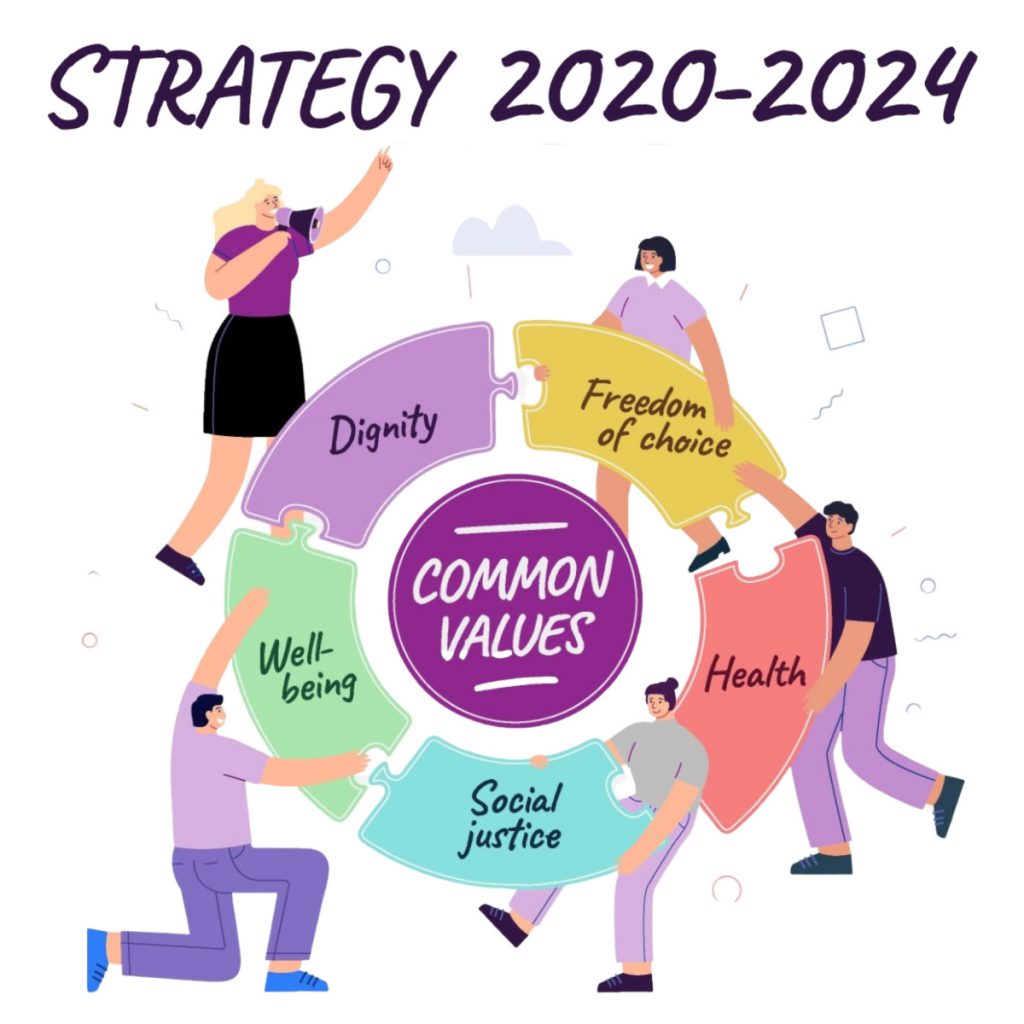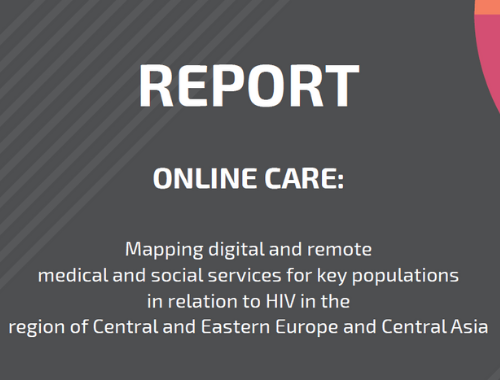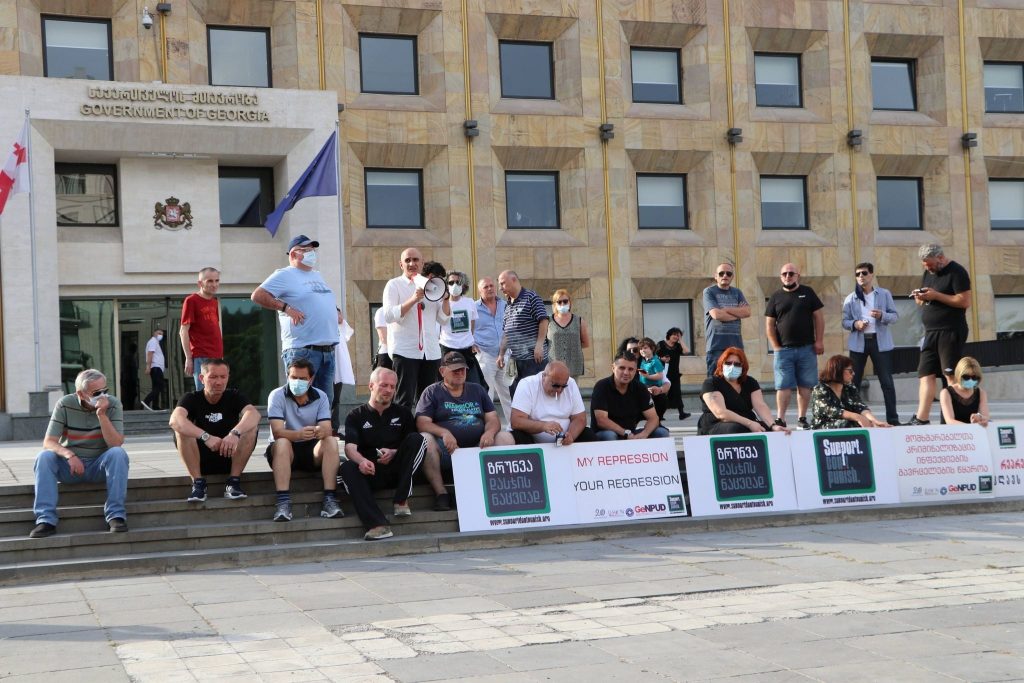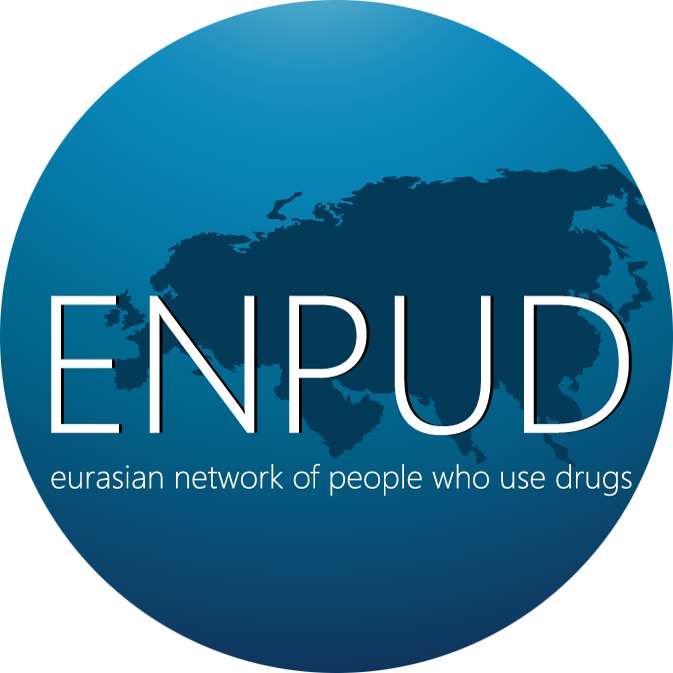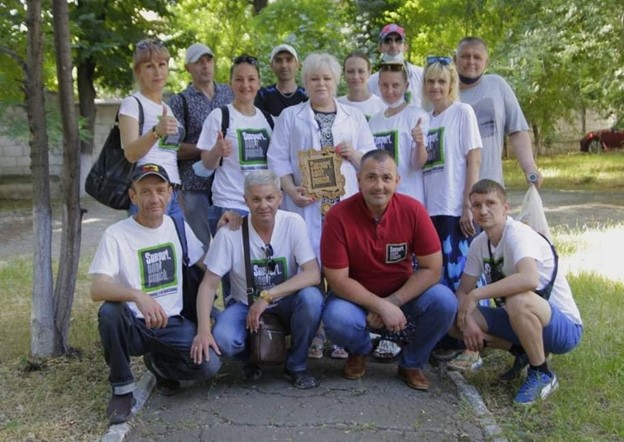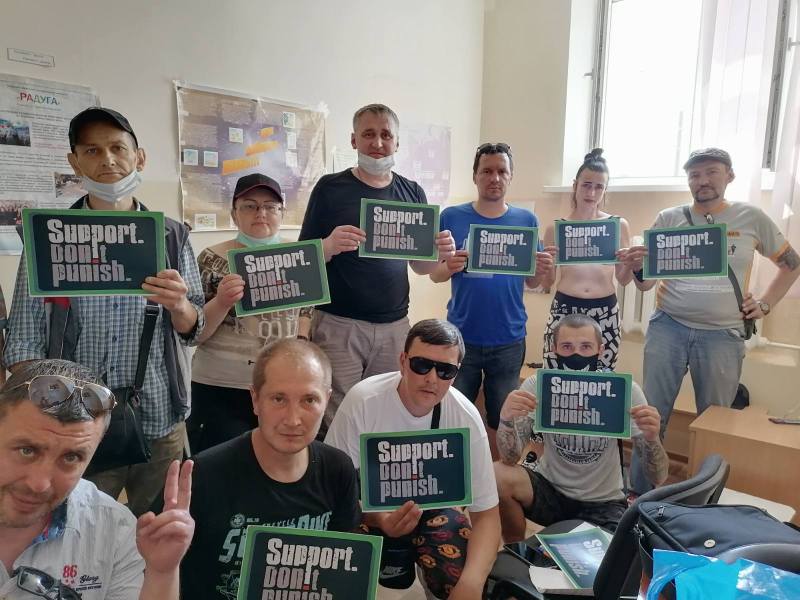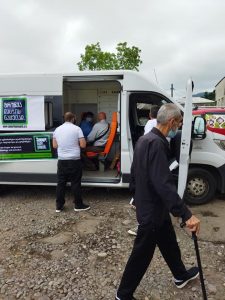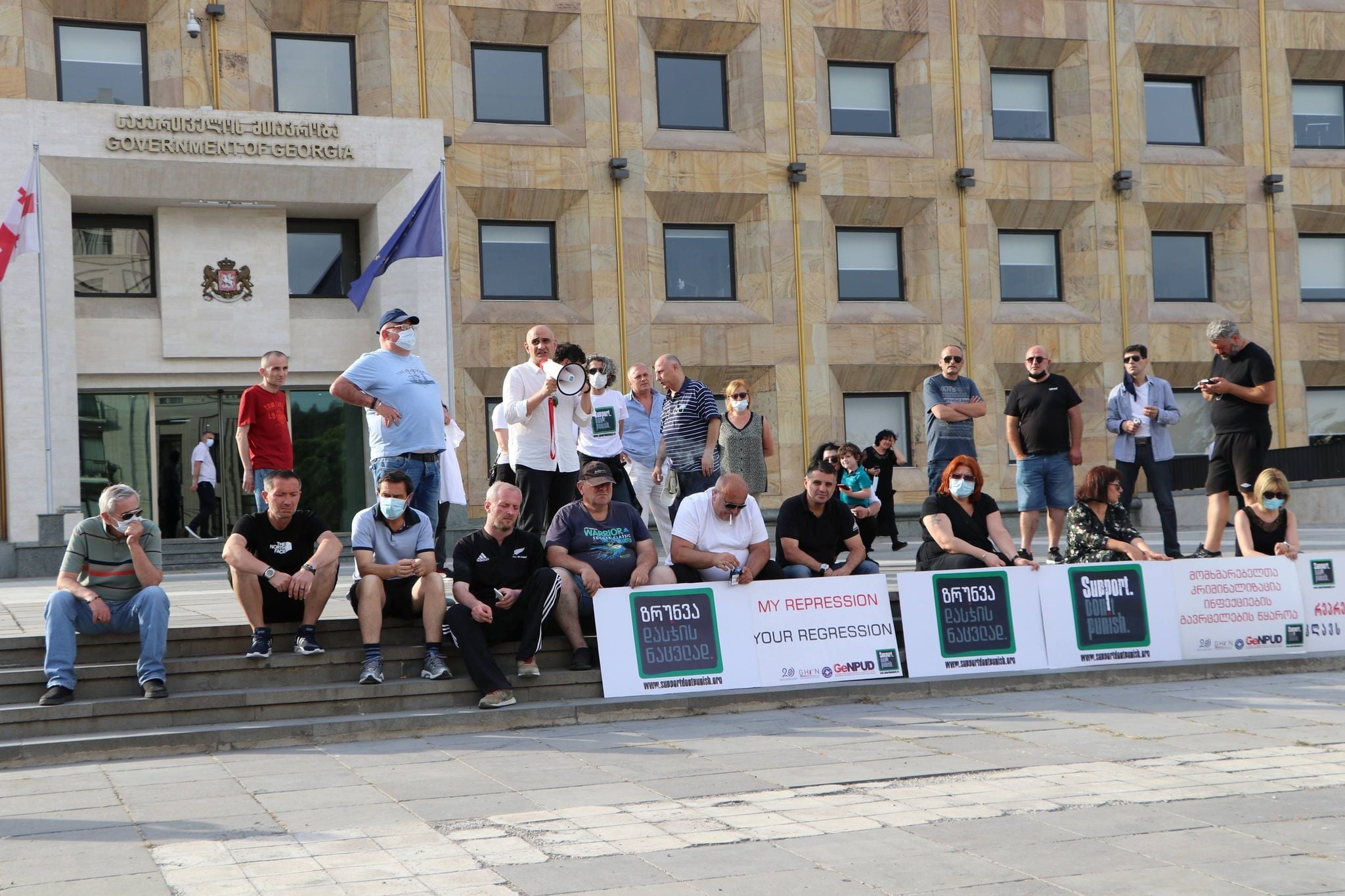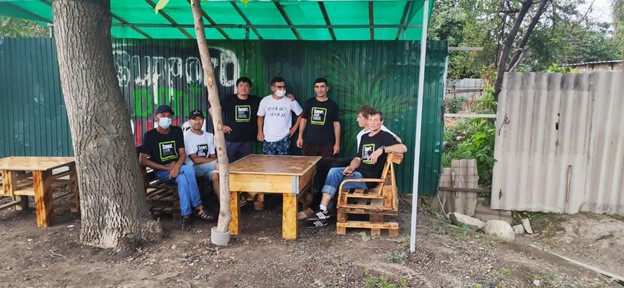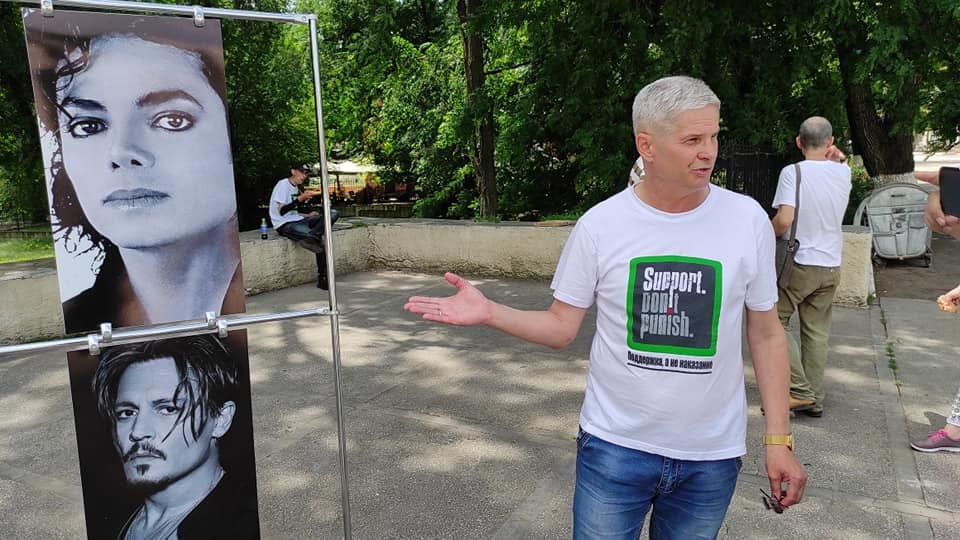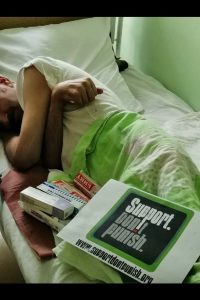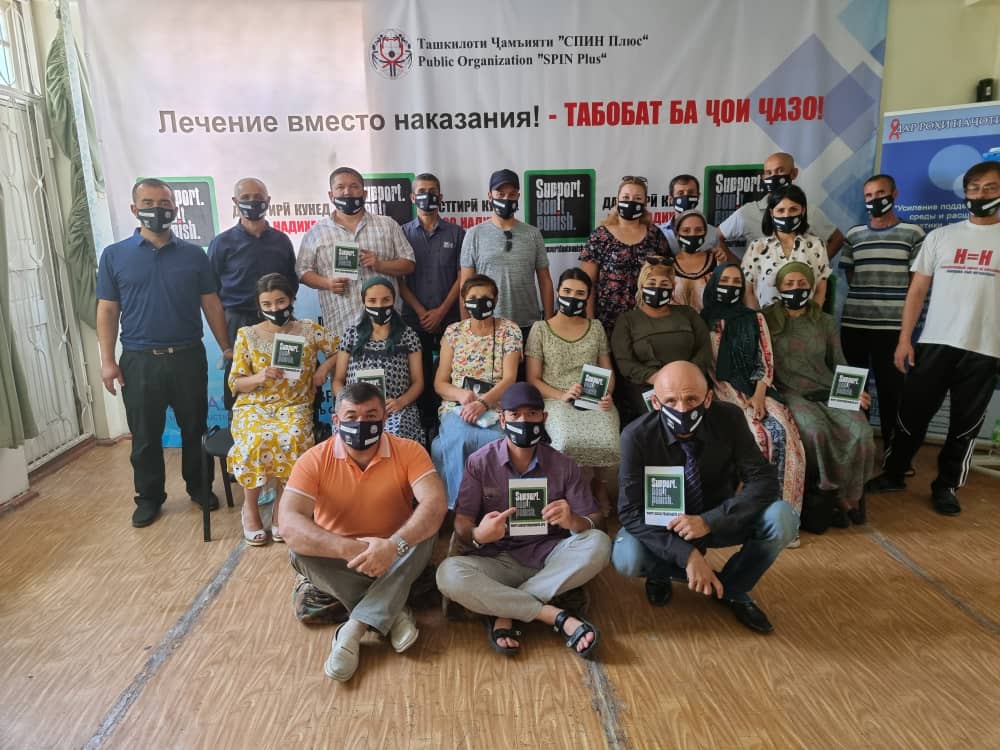REQUEST FOR PROPOSALS (RFP)
| RFP Number | EHRA-11-05 |
| RFP Title | Mid-term review of EHRA strategy |
| RFP Closing Date and time: | 24:00 EET on January 16, 2022 |
| Proposal Submission Address: | info@harmreductioneurasia.org |
Background
Eurasian Harm Reduction Association (EHRA) is a non-profit public, membership-based organization uniting 324 harm reduction organizations and activists from the CEECA region. Our mission is to actively unite and support communities and civil societies to ensure the rights and freedoms, health, and well-being of people who use psychoactive substances in the CEECA region.
How was the current strategy developed?
The Strategy 2020-2024 was developed by the Steering Committee with active participation of the Secretariat through a participatory approach, involving EHRA members and the Advisory Board, as well as in consultation with regional and international partners. The strategy was finalized at the Steering Committee and the Advisory Board meeting in November 2019 and was adopted by EHRA General Meeting in early 2020. EHRA has a sustainable governance structure and updated Articles of Association and effectively implements regional advocacy projects and initiatives in accordance with strategic goals.
Organizational approach to monitoring and evaluation is outlined in MEL system. At the core of the EHRA MEL lies the theory of change, which reflects the Strategy.
Why should the strategy be reviewed?
Over the past two years (2020-2021) of the strategy’s implementation, the social, political, and financial context has changed dramatically. COVID-19 crisis, geopolitical tensions and conflicts, negative developments in political landscape in Eurasia have made an unprecedented impact on the situation in countries of the region. With social and health care systems temporarily incapacitated in most countries, the impact of the COVID-19 pandemic and related government responses, people who use drugs are disproportionately affected in access to life-saving harm reduction services, they are at extra risks of stigma and discrimination, abuse and inequality.
COVID-19 crisis also brought up new and emerging risks of shifting away both, domestic and donor’s funding priority, an accelerated donor transitioning away from the region in a post Covid-19 environment, that can lead to declining funding of harm reduction services.
These changes in the external environment at this point, halfway through the Strategy require to assess progress and performance, and if needed to revise tactical objectives of the Strategy along with national and regional intended results.
Objectives of the consultancy:
This assignment has two objectives:
- to develop a methodology and tools to evaluate mid-term and final progress in delivering the Strategy, in line with EHRA MEL system,
- to analyse external factors and programmatic progress to propose required revisions for the Strategy.
The assignment includes the following specific tasks:
- conduct web-based survey among EHRA members,
- conduct up to 10 semi-structured interviews with the Steering Committee members, the Advisory Board members, pre-selected EHRA members,
- conduct up to 5 semi-structured interviews with regional and international EHRA partners,
- prepare a report with progress against the Strategy,
- prepare recommendations for strategic decision-making on the revisions / updates on tactical objectives where needed.
EHRA Secretariat will act as a reference point and will support a consultant to ensure a seamless process.
The assignment can be completed in Russian or English.
Timeline.
The assignment must be completed no later than 30 April 2022.
Evaluation Criteria
A two-stage procedure will be utilized in evaluating the proposals:
- evaluation of the previous experience (portfolio) via technical criteria – 80% in total evaluation;
- comparison of the costs (best value for money) – 20% in total evaluation.
Cost evaluation is only undertaken for technical submissions that score a minimum 80 points out of a maximum of 100 as a requirement to pass the technical evaluation. A proposal which fails to achieve the minimum technical threshold will not be considered further.
To assess submitted applications, the following technical criteria will be used (80%) (maximum possible number of points is 100):
| Criteria | Points |
| Proven track record of experience in conducting similar assignments in last
three years (should be clear from LoI and CV) |
30 points |
| Understanding of harm reduction, drug policy, HIV response and/or civil society involvement to advocacy and capacity building in social and public health issues in EURASIA (should be
clear from CV and LoI) |
30 points |
| Good communication skills including experience in interviewing
people and report writing (should be clear from LoI and CV) |
25 points |
| Oral, written and spoken fluency in English OR in Russian | 15 points |
| TOTAL | 100 points |
Cost proposal (20%): EHRA will allocate same importance to the provided portfolio and recorded experience as to the cost of the services. The cost proposal will be evaluated in terms of best value-for money to EHRA in USD, price and other factors considered
This announcement shall not be construed as a contract or a commitment of any kind. This request for proposals in no way obligates EHRA to award a contract, nor does it commit EHRA to pay any cost incurred in the preparation and submission of the proposals.
How to apply
To be eligible as a EHRA consultant, any organization or individual must comply with the Eurasian Harm Reduction Association Code of Ethics which you can find at the following link: https://old.harmreductioneurasia.org/ehra-code-of-ethics/
Applicants must submit the following documents:
- CV , Letter of Interest. The CV and application should clearly reflect the competency of the candidate necessary to complete this task, as well as include the proposed number of working days for each stage, cost and timing of their implementation. An estimated workload of this assignment is no more than 12 consultancy days.
Please submit your proposal to the info@harmreductioneurasia.org .
In the subject line of your e-mail please indicate the RFP number and your name. Otherwise, the application will not be considered.
General terms
Interested consultants should pay attention to the following conditions:
- EHRA will sign an agreement with the winner of the competitive selection. The contract will define a detailed work plan and payment terms.
- EHRA reserves the right (but does not commit itself to obligations) to enter into negotiations with one or more applicants in order to obtain clarifications or additional information, as well as to agree on the timing of work.
- The winner must confirm his/her daily rate before signing of the agreement.

